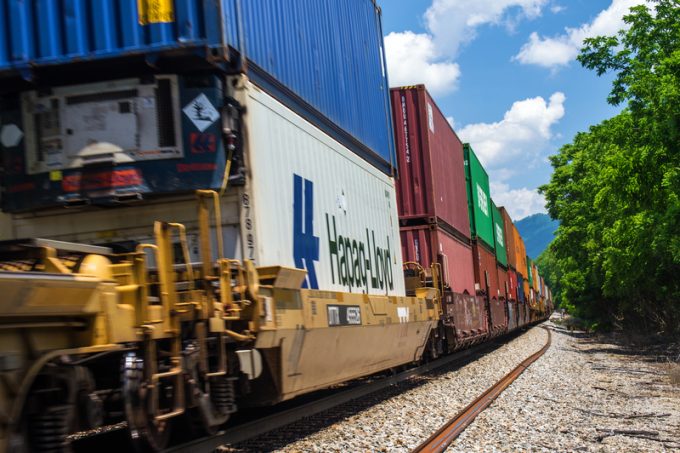Congestion fear as US west coast ports brace for transpacific cargo surge
The demand spike on the transpacific has prompted concerns of congestion and cargo bottlenecks at ...

US shippers and importers that rely on rail are bracing themselves for a long slog through a period of congestion and delays.
Some have lost patience and shifted traffic to truck.
The Los Angeles-Long Beach port complex has become synonymous with congestion for months, and problems are ...
MSC switches two more Asia-Europe port calls from congested Antwerp
Front-loading frenzy has made traditional H2 peak season 'unlikely'
Tradelanes: Export boom in Indian sub-continent triggers rise in airfreight rates
Carriers introduce surcharges as congestion builds at African ports
Mexican airport modernisation plan unlikely to boost cargo facilities
Ports and supply chain operators weigh in on funding for CPB
Tradelanes: Overcapacity on Asia-S America impacting alliances and rates

Comment on this article
Don Starr
April 15, 2021 at 11:30 pmRailroads like UP are charging unnecessary surcharges and on their end need to seriously take care of business of the shippers and customers. Also call back their laid off train crew personal.